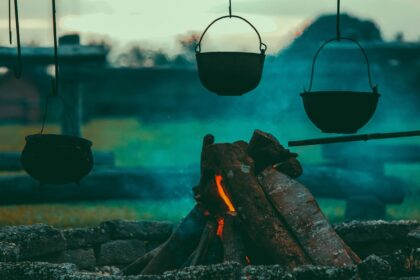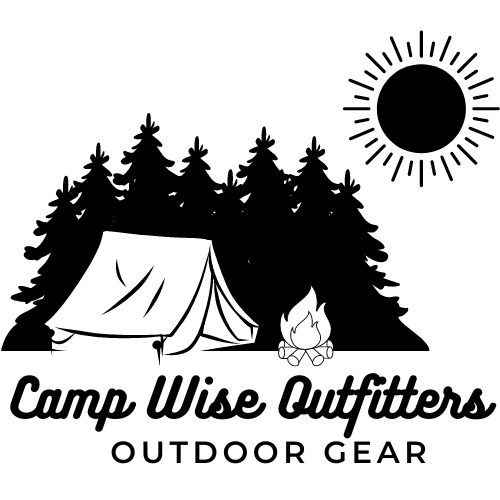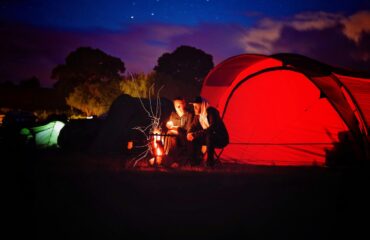Survival Skills: Essential Know-How for Camping, Hiking, and Fishing

Are you an outdoor enthusiast looking to brush up on your survival skills for camping, hiking, or fishing? Whether you’re a seasoned adventurer or just starting out, having the necessary know-how to survive in the wilderness is crucial. From building a shelter to finding food and water sources, being prepared can make all the difference in a potentially dangerous situation. In this blog post, we’ll explore some essential survival skills that will help you feel more confident and secure on your next outdoor excursion.
- Shelter Building: One of the most important skills to have in a survival situation is knowing how to build a shelter. Whether it’s protecting yourself from extreme weather conditions or seeking refuge from wildlife, having a sturdy shelter can be a lifesaver. Learn how to construct different types of shelters using natural materials like branches, leaves, and rocks. Practice setting up a tarp tent or lean-to structure so you can quickly assemble one in an emergency.
- Fire Starting: Being able to start a fire is essential for staying warm, cooking food, and signaling for help. Practice different fire-starting techniques such as using flint and steel, friction methods like bow drill or hand drill, and even using household items like batteries and steel wool. Remember to always follow fire safety guidelines and have plenty of dry tinder and kindling on hand.
- Navigation: Knowing how to navigate in the wilderness without relying on GPS or cell service is key for survival. Learn how to read maps and use a compass effectively. Familiarize yourself with basic orienteering skills such as triangulation and following topographical features. Consider taking a navigation course or practicing with map-and-compass exercises before heading out on your next adventure.
- Water Sourcing: Staying hydrated is crucial for survival, especially in hot climates or during strenuous activities like hiking or fishing. Learn how to find safe water sources in the wild by identifying plants that signal water nearby or collecting dew from vegetation early in the morning. Invest in portable water filtration systems or purification tablets as backup options if clean water is scarce.
- First Aid Basics: Accidents happen when exploring the great outdoors, so knowing basic first aid skills can make all the difference in an emergency situation. Take a wilderness first aid course to learn how to treat common injuries like cuts, burns, sprains, and insect bites while out in nature. Pack a well-stocked first aid kit with essentials like bandages, antiseptic wipes, pain relievers, and any personal medications you may need.
Mastering essential survival skills for camping, hiking, and fishing can greatly enhance your outdoor experience and keep you safe in unforeseen circumstances. By practicing shelter-building techniques, learning how to start a fire effectively, honing your navigation skills, sourcing clean water sources, and familiarizing yourself with basic first aid procedures – you’ll be better prepared for any challenges that may come your way while exploring nature’s wonders. Remember that preparation is key when venturing into the wilderness; so take the time to educate yourself on these important survival skills before embarking on your next adventure!




